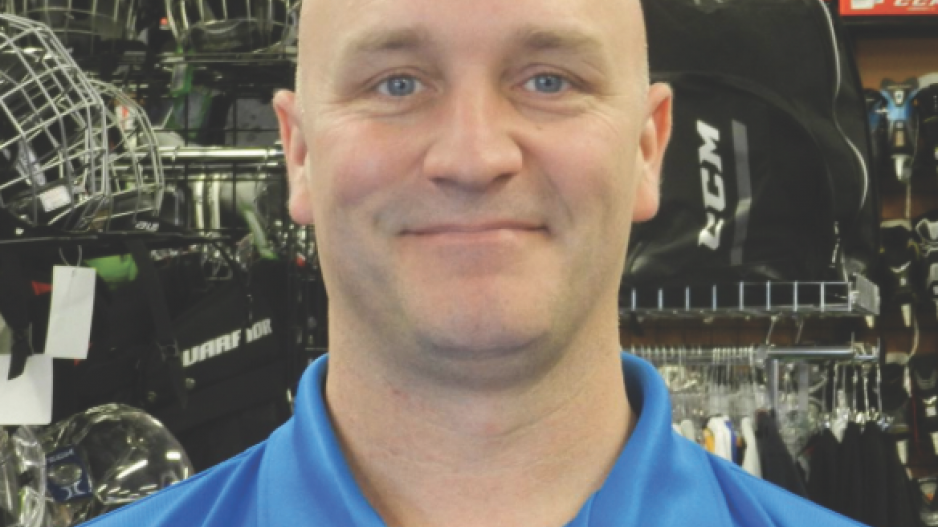Stu Hunter has experience operating two small businesses: a printing business he owned with his brother-in-law starting in 2006 and a new-and-used sports retail store in Surrey he now owns with a friend.
Hunter says he learned about business partnerships from the first business.
“We didn’t clearly define our roles and didn’t have a clear expectation of the other person’s involvement,” he said.
The disconnect was biggest when it came to a key part of the business: the finances.
“We didn’t establish early on who really controlled the finances and how decisions would be made financially,” Hunter said. “My brother-in-law wanted to go back to the bank for a loan, which I didn’t think was a good idea.”
It was a huge problem, because the two partners had never set out what would happen in case of a disagreement over money. The two partners never came to an agreement over the issue, and Hunter ended up selling his part of the business to his brother-in-law.
This time around Hunter and his business partner have set out clear roles through a written agreement: he runs the store operations while his partner, who has another job, works mostly on marketing.
Having clear communication with your business partner is also key, Hunter said.
“One person might think they’re meeting the expectations being set and the other person might not, and it’s [important], if you feel you’re being let down, that you bring it up really quickly.”
It’s even more important to set out the boundaries and expectations in your business relationship if your partner is a friend or relative, Hunter said.
“It’s very easy to fall into the trap of thinking, ‘We’re friends, we’ll work it out,’ which to a degree is true, but it’s actually more difficult because you’re more conscious of hurting someone’s feelings.”
On not stepping on toes | “[My partner] has left most of the operations to me. He has ideas, but he always runs them by me first because I see what happens day to day in the store, where he has an idea of what he thinks we could sell or what he thinks we could price things at. Whereas I see when people balk at a price or when people don’t even look at a product in our stores because they’re not thinking of our store as a place to buy that. We talk two to three times a day on the phone and then we try to have meetings once a month or so where we sit down and hash out [concerns].”
Has a work or life challenge taught you a key career lesson? Contact Jen St. Denis at [email protected]




